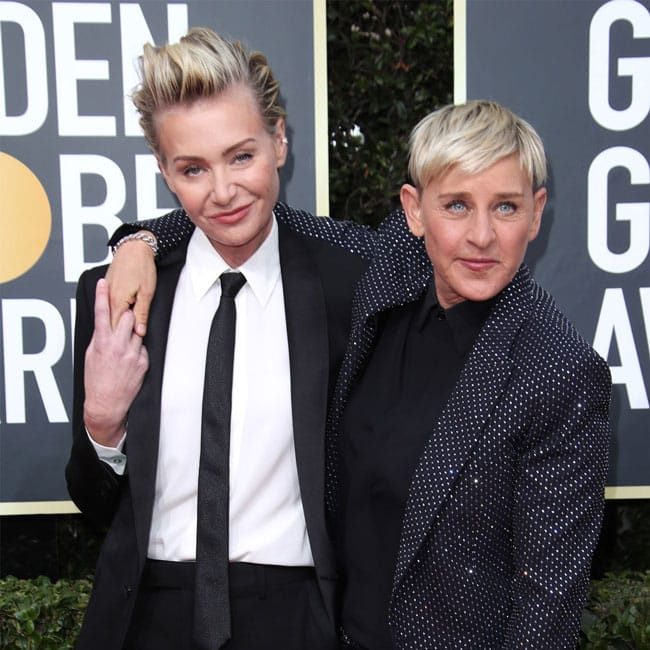This is an archived article and the information in the story may be outdated. Please check the time stamp on the story to see when it was updated last.
Although Reese Witherspoon and Ryan Phillippe have been split up for over 10 years now, it sounds like there is still some awkwardness between them–or at least, resurfaced awkwardness from their married days.
During a recent podcast interview, the actress remembered one specific point of tension in their marriage that she had almost forgotten about: her higher salary.
Keep reading for all the details.


While speaking to HFPA journalist Margaret Gardiner, the actress was reminded of one awkward moment in their marriage that was unfortunately very public.
Apparently, during the 2002 Oscars (four years before the couple called it quits), Phillippe made a flippant remark about Reese's financial status that definitely rubbed some people the wrong way.

During the live show, Phillippe told Witherspoon that she could present the award, adding "you make more money than I do."
Although the comment might have been a simple joke, it went viral at the time--and Witherspoon remembers feeling very uncomfortable about the situation.

Witherspoon told Gardiner, "I forgot that ever happened. But you're right, he did say that, and no, it wasn't scripted."
The actress added, recalling her confusion and discomfort at the time: "He didn't tell me he was going to say that before it happened on air. So I was a little bit flummoxed in the moment, too."

Although she didn't outwardly call out her ex-husband for 'shaming' her for making more money, she did mention that it was a common problem in society in the same interview.
"There's so few women that make a lot of money that sometimes they're shamed for it, and sometimes they are expected to give more and do more and be more to others in the same position that maybe a male movie star may not be expected," she continued. "But I do think gender norms have changed quite a bit since that moment in 2000 or something."
Phillippe has not commented on the tense moment, but it's impossible not to see that the joke, as well-intentioned as it might have been, did not age well.


























